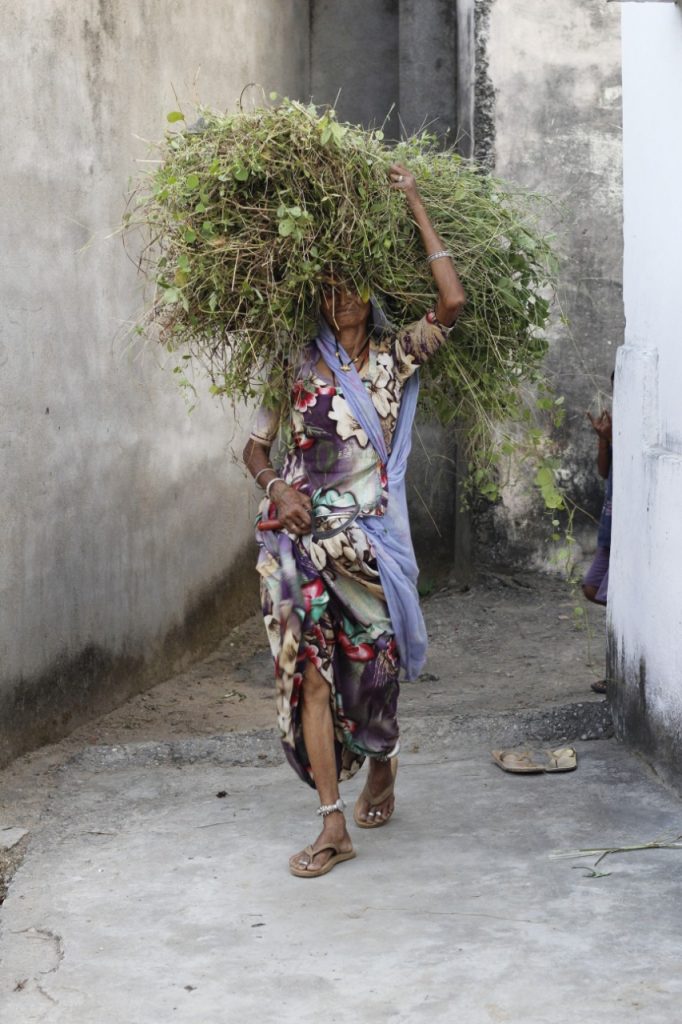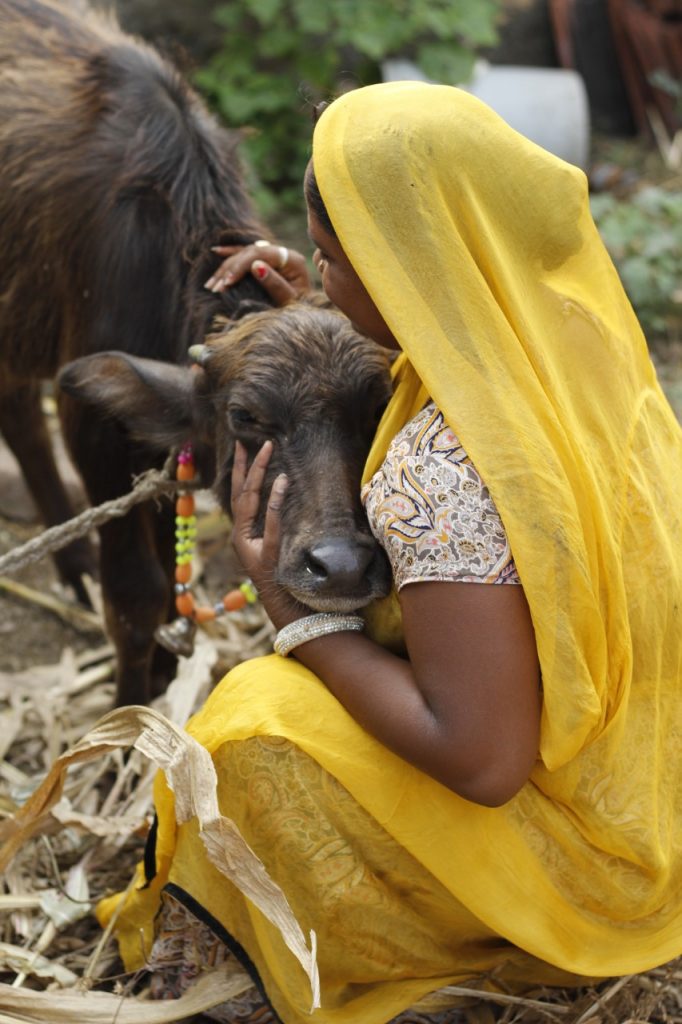THE PROBLEM
Rajasthan has the highest probability of drought in Rural Rajasthan. In the tribal areas of Udaipur, during a drought, adults may eat only once every two or three days and families are forced to take turns eating. Monsoon rainwater dependency and poor conservation of water leads to crop failure and malnutrition during the dry season. Nonetheless, 70% of Udaipur’s population still works in and depends on agriculture. With increasing trends in water scarcity and desertification that put pressure on this way of life, these issues are becoming more and more important to tackle.

In order to combat this, JJVS works to improve natural resource management, supports sustainable farming practices and employs other drought mitigation interventions.
WATER CONSERVATION
JJVS regularly works with local governments to preserve water resources. Using GPS and GIS, JJVS conducts micro plans, district level plans and Participatory Rural Appraisal (PRA) to digitize census information and map out water resources, drainage patterns and land use. These projects provide Gram Panchayats (village committees) with the asset mapping needed for proper site selection and successful project implementation. JJVS also helps local communities inspect dams, gully plugs and trenches to better harvest rainwater and develop soil structure.
JJVS has recently started working on WASCA (water security and climate adaptation) with GIZ a German development agency, using GIS technology to prepare village-level development plans to help communities adapt to changing climates, such as water scarcity, desertification and rising temperatures.
JJVS implemented 15 watershed development projects (conserving rainwater) with the support of Catholic Relief Services (USCCB and Karl Kuble Stiftung, KKS, Germany). These projects worked to improve access to and management of water resources through the concept of Khet ka pani khet mein (farm-land water should be in farm land) and Goan ka pani goan mein (village water should be within the village boundary). This program was implemented through the following methods: continuous contour trenches, gully plugs, farm-bunding, loose boulder check-dams and cement anicuts. Irrigation Practices Wells have also become a major source of irrigation for communities in Southern Rajasthan.
AGRICULTURE
JJVS works to support farmers through the promotion of sustainable and traditional agricultural practices. People now practice vegetable gardening and inter-cropping using compost manure and mechanized agricultural equipment, which all helps to increase their income.
JJVS focuses on improving composite crop variety seeds, which help communities combat the negative impacts of droughts. Seed fairs and seed banking support farmers in preserving and using local plant resources. JJVS has also made efforts to promote organic fertilizer and encourage the adoption of new practices such as line sowing, seed treatment, seed-storage and seed production.

LIVESTOCK
Livestock is essential to the agricultural-based lifestyle in rural Rajasthan. Livestock provides draft animal power for land management, manure for crop production, and also increases income and access to nutritious food in these rural communities. JJVS has introduced livestock management technology and income-generating projects such as: dairy cooperatives, goat and sheep rearing, organic compost production, and microfinance to assist in the purchase dairy animals. Efforts have been made to improve rearing methods for existing livestock through veterinary health camps with active involvement of government animal husbandry departments and veterinary practitioners at the local level. JJVS also organizes capacity-building programs for livestock keepers and ethno-veterinarian (traditional veterinary practitioners) to improve access to livestock treatment services in remote villages.
